Bitcoin & Blockchain
What's the big deal?
Inflation, Currency & Centralization
Economics 101
And why is the Bitcoin community so enamored with Gold and Austrian Economics?
US Perspective
"When you talk about money to an American, it's a little bit like talking about water to a fish"
-- Wences Casares
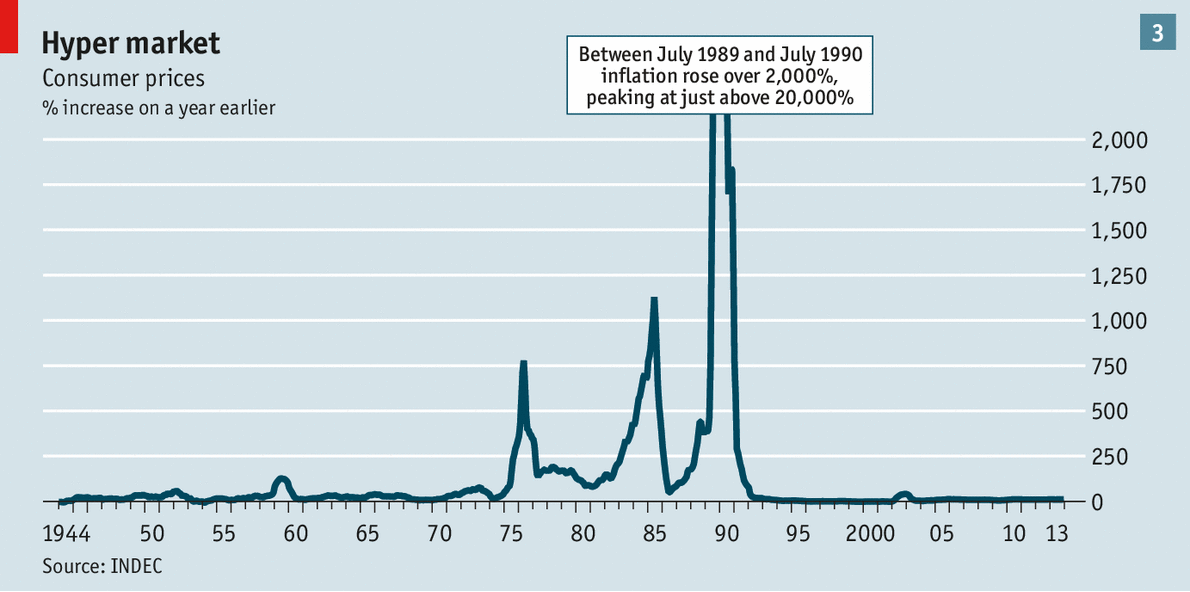
Inflation in Argentina

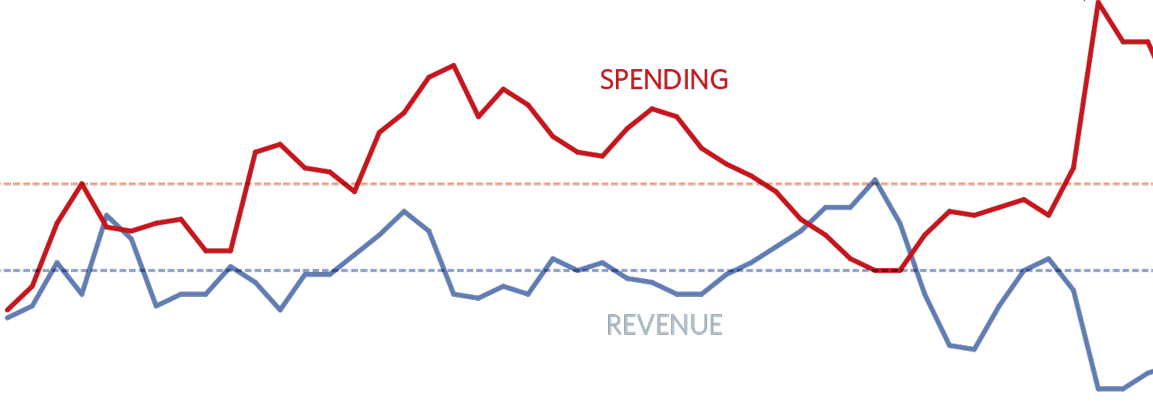
If you consistently spend more than you bring home every month, what is the inevitable outcome?
INCOME

So how does the Federal Government pull this off?
The Inflation Myth
Inflation stimulates the economy
Inflation incentivizes government mismanagement
Inflation is a dishonest hidden tax
Global Perspective
Properties of a currency
- Scarce
- Fungible
- Divisible
- Durable
- Transferable
cigarettes, mackerel, gold, silver, stone disks, notes, coins, digital gold...
"Backed by the full faith and credit of the US government"
Fiat Currency
A currency with little or no intrinsic value but made legal tender by fiat (order) of the government
The average life expectancy for a fiat currency is 27 years
"According to a study of 775 fiat currencies by DollarDaze.org, there is no historical precedence for a fiat currency that has succeeded in holding its value."
- 20% failed by hyperinflation
- 21% failed by war
- 12% failed by independence
- 24% reformation
- 23% still in circulation
Governments failed their people
Governments failed themselves
Buying time until ^^^
How can the world's citizens stabilize their currencies?
- Stop fighting wars
- Anchor their currency to gold
- Anchor their currency to a virtual gold
- Take currency out of the hands of government
Question:
How many countries back their currency by gold today?
Answer:
ZERO
Keynesian
Austrian
Economic Theory
Deflation is bad
Debt & Consumption
Bail out inefficient companies
Government control
Fiat currency
Deflation is normal
Savings & Investment
Let inefficient corporations fail
Free markets
Gold standard, finite resource
More US Perspective
Two Big Economic Questions
- Do we anchor the US Dollar to gold?
- Should inflation be manipulated?
Gold has a long history
Gold flakes discovered in Paleolithic caves dating back as far as 40,000 B.C.
Gold prized by Egyptian pharaohs and temple priests in 3,000 B.C.

Fort Knox
Approx 2.3% of world's refined gold is here
Worth about $100B
US Historical Price of Gold
1775 - 1792: floating
Gold Reserve Act (FDR) - Illegal to own gold until 1964
Bretton-Woods system - International trade agreement
Nixon shock (executive order) - eliminate deflation
Coinage Act of 1834 (AJ) - Silver:Gold 15:1 to 16:1
Coinage Act of 1792 (GW) - introduced USD currency
Continentals not backed by gold
Floating to pay war debts - Civil War, WWI
1913 - Federal Reserve established (WW)
Floating to pay war debts - WWII
1792 - 1834: $19.39/oz
1834 - 1933: $20.67/oz
1934 - 1965: $35.00/oz
1945 - 1971: $35.00/oz
1971 - now: floating
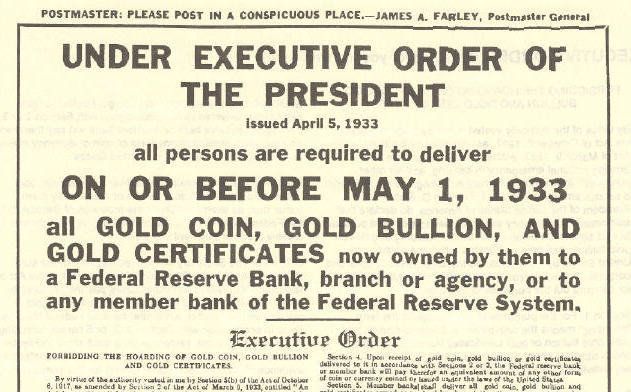

US Historical Inflation Rate
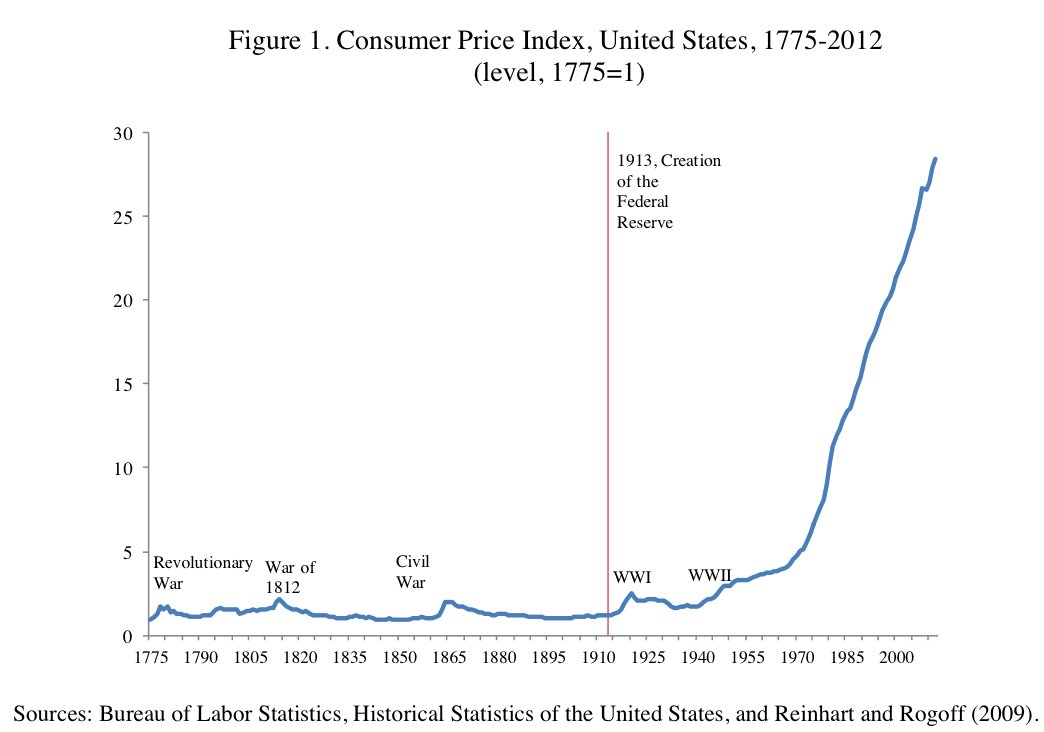
1913, Creation of the Federal Reserve
1971, End of the gold standard
US Historical Consumer Price Index
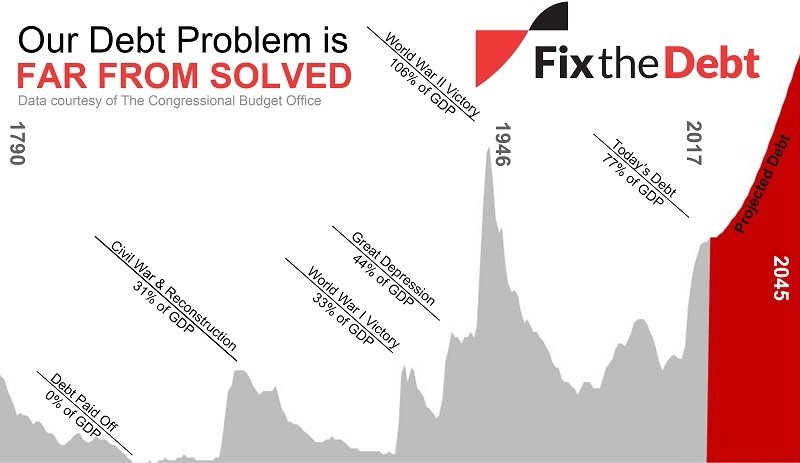
US Historical Debt (% of GDP)
White paper & solutions
The Bitcoin Revolution
Why is everyone saying this is so transformational?
What is so revolutionary?
An actual electronic transfer of something is revolutionary
property
Internet / email / files - one big copy machine
How do we guarantee transfers today?
trusted third party
A central authority certifies it to be true
Buying a house
- Who holds the deed?
- Who conducts the transaction?
- Who is being paid in addition to the seller

Buying a car

- Who holds the title?
- How are the parties protected?
Buying a candy bar

- Who holds the title?
- Who conducts the transaction?
- Who is being paid in addition to the seller
Who started Bitcoin?
Satoshi Nakamoto?
- Could be a man, a woman, or a group of people
- It does not matter
- Published a white paper - Bitcoin: A Peer-to-Peer Electronic Cash System
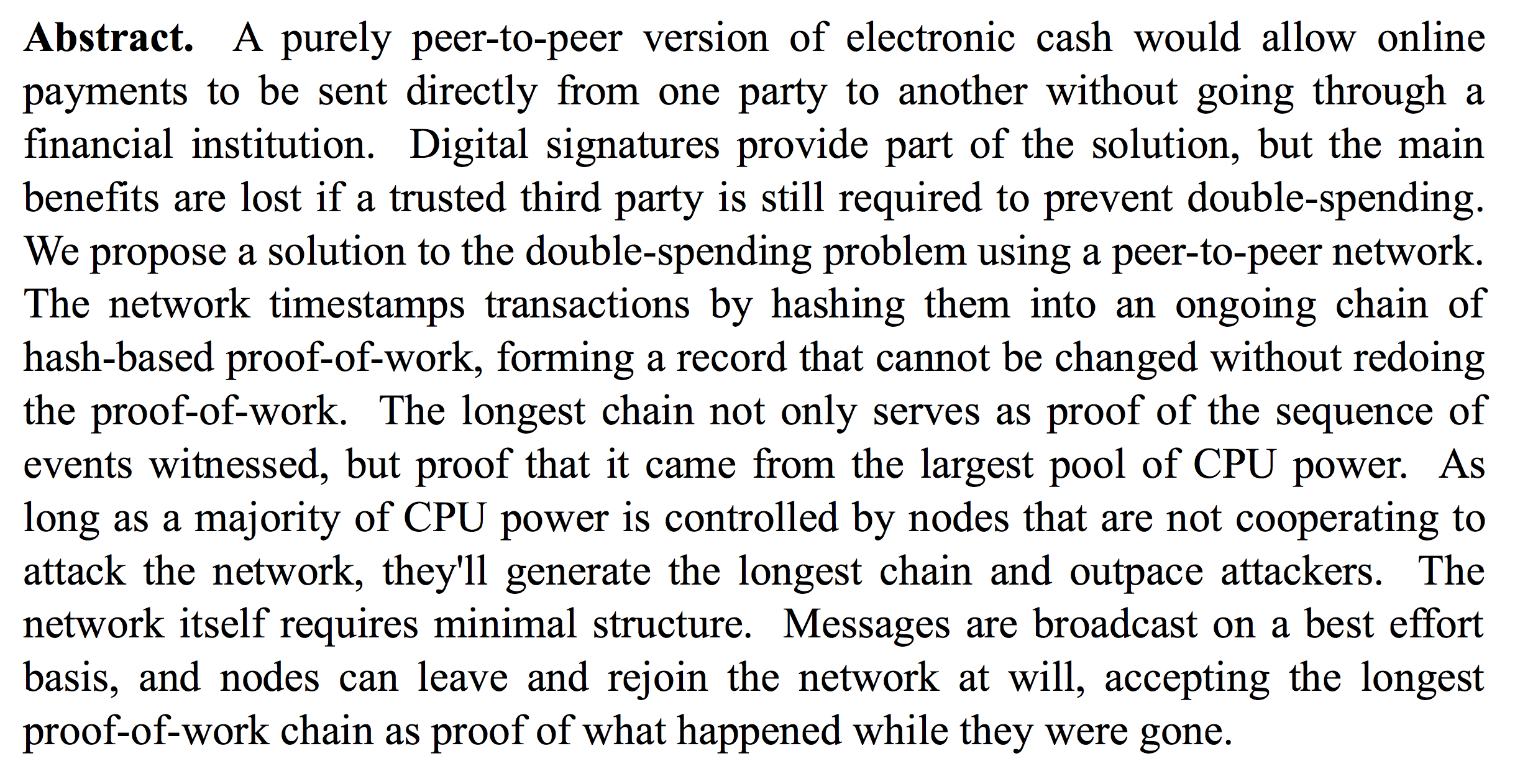
Person-to-person

Decentralized

Accountable

Cryptographically secure

Strategically secure

Borderless

Non-discriminating
(Permissionless)

Immutable

Un-game-able?
What are cryptocurrencies?
- 1,000+ cryptocurrencies
- BTC about 38% of overall crypto market
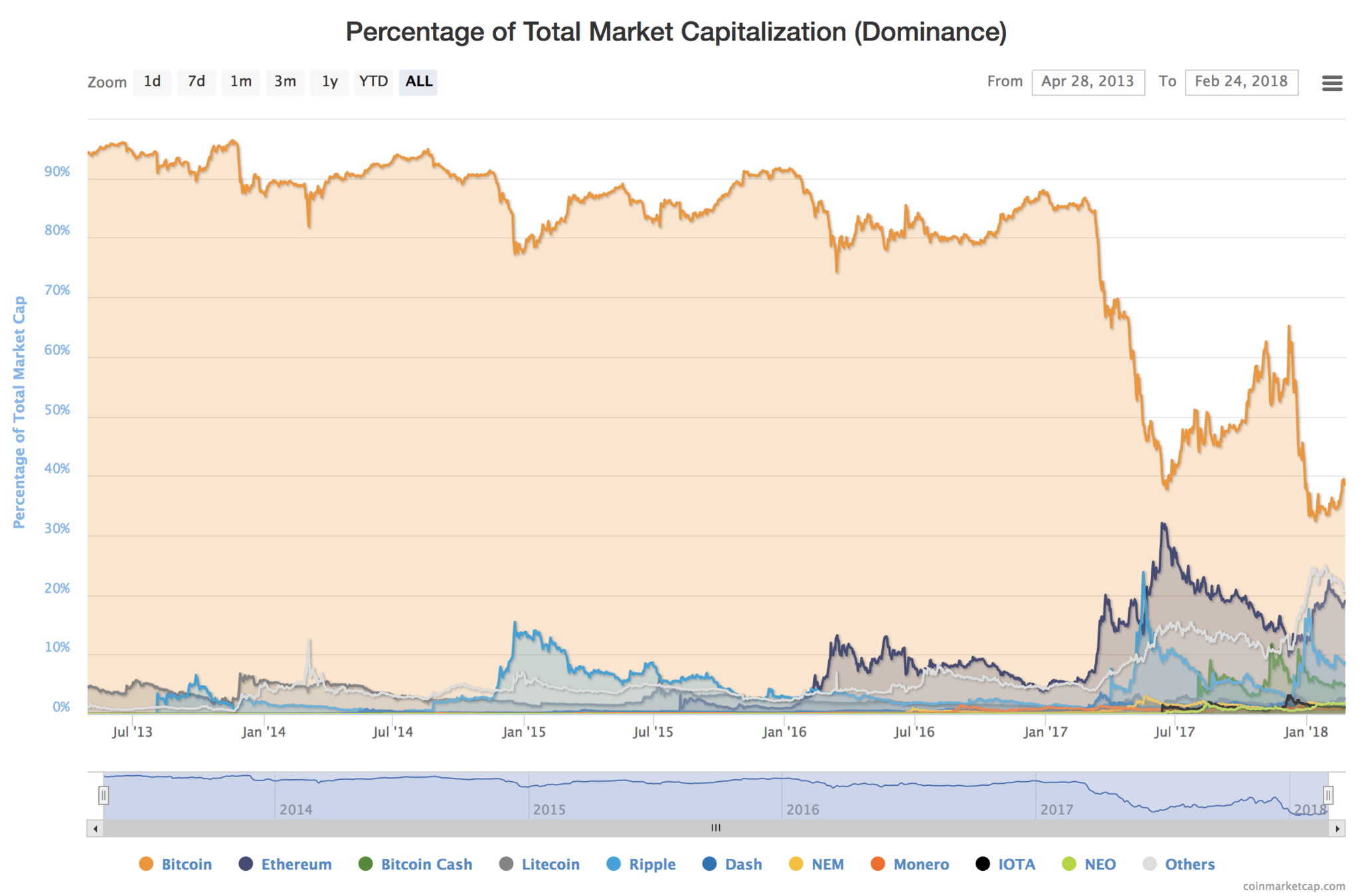
Some of Bitcoin's core tenants
- Decentralized blockchain technology
- 1MB block size
- 10 minute block time
- 21 million total coins ever minted
- Pseudo-anonymous transactions
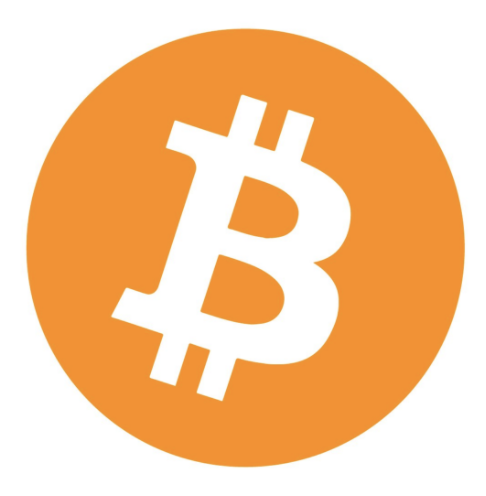
7 transactions per second top speed (currently)
Not fully private
VISA card ~ 24,000 TPS
Alt Coins with Differing Strategies
Scalability
Utility
Privacy
Non-blockchain
Scalability
Bitcoin: 1MB block size, 10 minute block time, 21 million coins
Litecoin: 2.5 minute block time, 84 million coins
Bitcoin Cash: 8MB block size, centralized mining risk
Additional scalability improvements coming:
- Lightning network
- Schnorr signatures


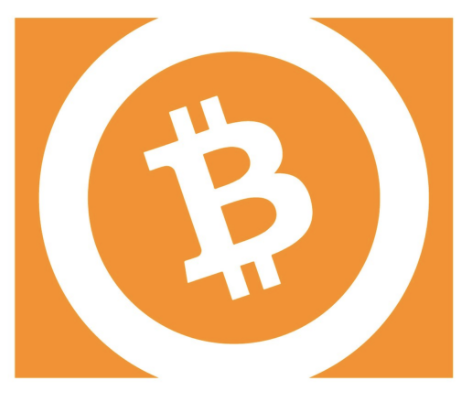
Utility
Bitcoin: currency
Etherium: smart contracts
Filecoin: decentralized cloud storage ($257MM ICO)


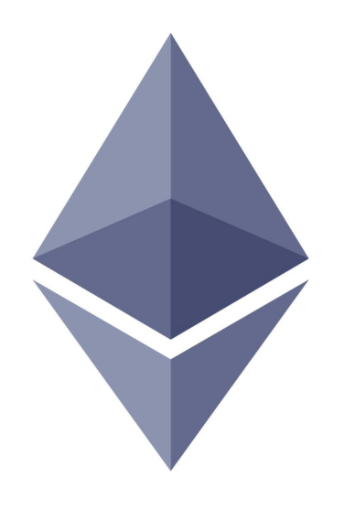
Privacy
Bitcoin: pseudo-anonymous
Monero:
Dash:
ZCash:

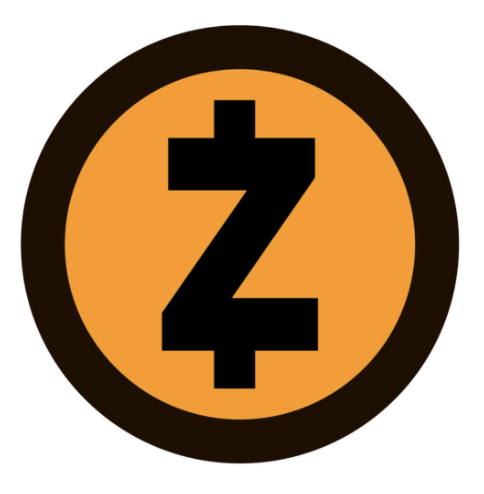


Non-blockchain
Bitcoin: blockchain
IOTA: tangle
Hashgraph coins...



Bitcoin and Blockchain: What's the Big Deal?
By Bob Holben
Bitcoin and Blockchain: What's the Big Deal?
- 1,227



